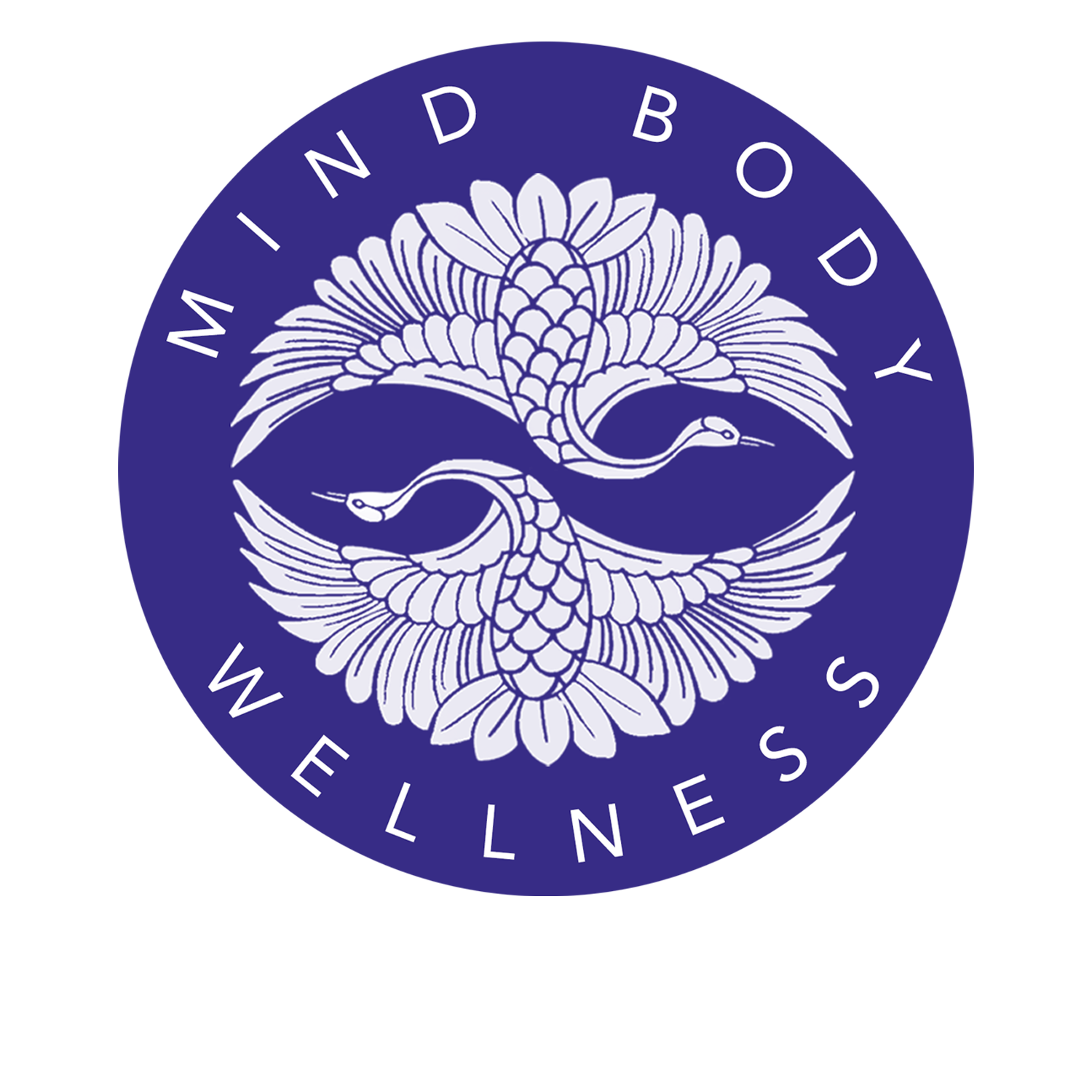Resources
A Depth Psychology approach to therapy takes into account the subtle or unconscious parts of the human experience. “Depth” refers to what is below the surface in the unconscious. A Jungian-Oriented Depth Psychology approach to therapy explores what is below the surface of a symptom, behavior, conflict, or relationship dynamic. It explores the meaning of the experience.
Through this exploration, we can bring the unconscious into consciousness to allow one’s true potential to unfold.
CARL JUNG
Carl Jung was one of the creators of modern depth psychology. Modern depth psychology seeks to facilitate a conversation with the unconscious energies which move through each of us. He contributed many ideas which continue to inform contemporary life: complex, archetype, persona, shadow, anima and animus, personality typology (the basis of the Meyers-Briggs personality test), dream interpretation, individuation, and many other ideas. He had a deep appreciation of our creative life and considered spirituality and finding meaning in one’s life a central part of the human journey.
Eye Movement Desensitization and Reprocessing (EMDR) is growing in popularity, particularly for treating post-traumatic stress disorder (PTSD). PTSD often occurs after experiences such as military combat, physical assault, sexual assault, or car accidents. It has also found to be effective for many other disorders such as panic attack, eating disorders, addictions, depression, and anxiety. Developed in the late 1980’s, EMDR currently has more scientific research than any other non-pharmaceutical intervention. EMDR incorporates elements of cognitive behavioral therapy with bilateral eye movements or other forms of rhythmic, left right stimulation.
Trauma
At the time of a traumatic event, strong emotions interfere with our ability to completely process the experience and one moment becomes “frozen in time”. Recalling the traumatic event may feel as though the person is reliving the event all over again because the images, smells, sounds, and feelings are still there and can be triggered in the present. When activated, these memories cause a negative impact on our daily functioning and interfere with the way we see ourselves and our world, and how we relate to others.
EMDR
EMDR therapy appears to directly affect the brain, “unfreezing” the traumatic memories, allowing you to resolve them. Over time the disturbing memory and associated beliefs, feelings, and sensations become “digested” or worked through until you are able to think about the event without reliving it. The memory is still there but less upsetting or charged. EMDR is about convincing the mind and the body that the traumatic event is indeed over.
Encyclopedia of Natural Medicine – Michael T. Murray and Joseph Pizzorno
Healing With Whole Foods – Paul Pitchford
The Web That Has No Weaver – Ted Kaptchuk, OMD
The National Institute of Health has made it easier to access reliable information on acupuncture, herbal remedies and other forms of alternative medicine. The National Center for Complementary and Alternative Medicine (NCCAM) has a website full of useful articles, references, tips, and abstracts on alternative medicine, including acupuncture. Visit their website at www.nccam.nih.gov.
Memories, Dreams, and Reflections – C.G. Jung
Man and His Symbols – C.G. Jung
The 5 Languages of Love – Gary Chapman
The Seven Principles for Making Marriage Work – John Gottman
War and the Soul – Edward Tick PhD
Mindfulness and the Brain: A Professional Training in the Science and Practice of Meditative Awareness, Audiobook CD – Jack Kornfield and Daniel J. Siegel MD
- Combining Acupuncture and Psychotherapy as a Treatment for Depression by Jean M. Kuty, LPC, LAc
- Poster Presentation – Society of Acupuncture Research at the Fred Hutchinson Research Center in Seattle
